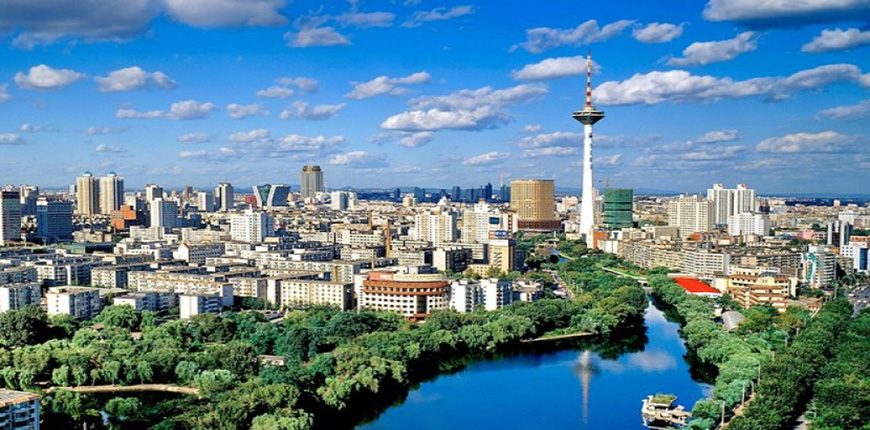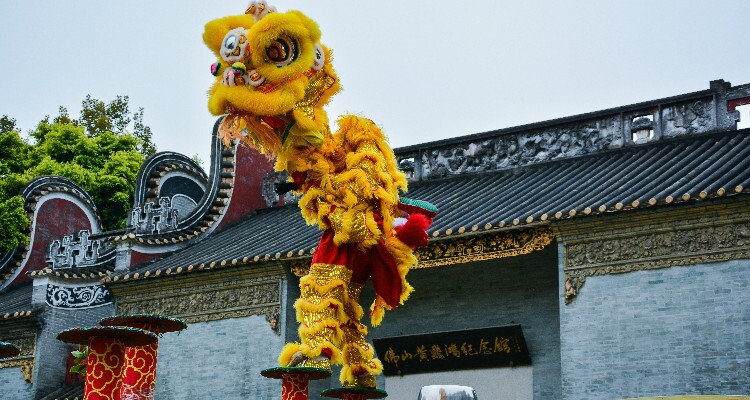Work-life Balance
Second tier cities in China offer foreign English teachers an ideal work-life balance compared to top tier cities like Beijing and Shanghai. The workload is generally lighter with lower expectations from schools. Teachers have more free time to explore the local area and engage in hobbies. Making genuine long-lasting friendships with both other foreigners and Chinese is quite attainable.

Lower Cost of Living
The cost of living is significantly cheaper than large metropolitan areas. Rent, dining out, and daily expenses are very reasonable. Teachers are able to live comfortably within their means and potentially save money. This financial stability reduces stress levels compared to constantly struggling in an expensive city.
Getting to Know the Local Culture
Without massive foreign enclaves like in top cities, foreigners stick out more and become a curiosity. As a result, locals are very welcoming and eager to practice their English. Teachers easily make local Chinese acquaintances interested in cultural exchanges. It’s a great opportunity to immerse oneself in the community and learn firsthand about regional customs. Nearby countryside trips offer refreshing escapes from urban life.
Ample Leisure Activities
While not as cosmopolitan as Shanghai or Beijing, second tier cities still provide plenty of entertainment options. Sports facilities, parks, museums are commonly found. Major shopping areas or amusement parks in neighboring larger cities are conveniently accessible through high-speed rail or bus on weekends. Teachers have their pick of relaxing ways to spend free afternoons and days off.
Career Prospects for English Teachers
Foreign English instructors find secure long-term work more challenging in top tier cities with higher hiring standards. However, second tier cities welcomenative English speakers to fill roles, almost regardless of qualifications or experience. It gives new teachers a foothold in China to gain valuable classroom experience while becoming acclimated to living abroad. More skilled teachers can leverage this foundation into better positions later.
Community Support Network
The smaller yet established foreign communities in second tier locations provide a valuable support system. Through community groups and social meetups, new arrivals can make quick local friends familiar with navigating daily life. From assistance with paperwork to insider tips, other expats help novice expatriates adjust. Loneliness, a significant issue for some in lower tier cities, is less of a concern.
Convenient Transportation
Major second tier urban hubs have modern, interconnected public transit systems giving access around the city. High-speed rail also connects to neighboring provinces within a few hours. With these efficient transportation links, teachers enjoy the benefits of a cosmopolitan center while retaining easy access to the countryside when wanting a change of scenery. Commutes remain hassle-free.
Work-Life Integration in Lower Stress Environments
Overall, the Goldilocks environment of second tier cities allows foreign English teachers to maintain balance while acclimating to China. With reasonable workloads, financial security, social opportunities and convenient transit, these locations minimize stress. Teachers can focus energies on meaningful cultural exchanges and making the most of their overseas experience.

 Uighur Perspectives on Relations between Uighurs and Han Chinese in China
Uighur Perspectives on Relations between Uighurs and Han Chinese in China